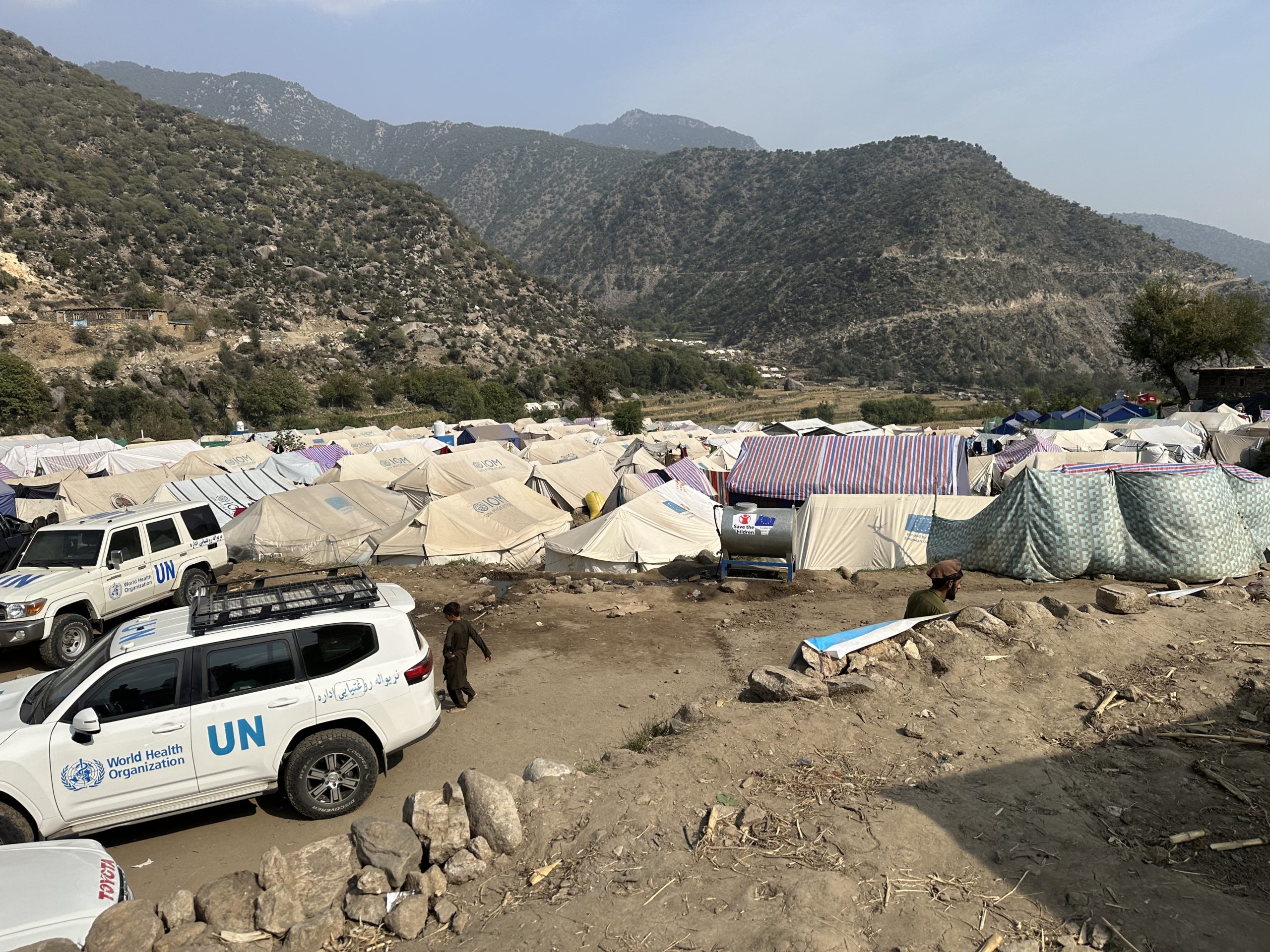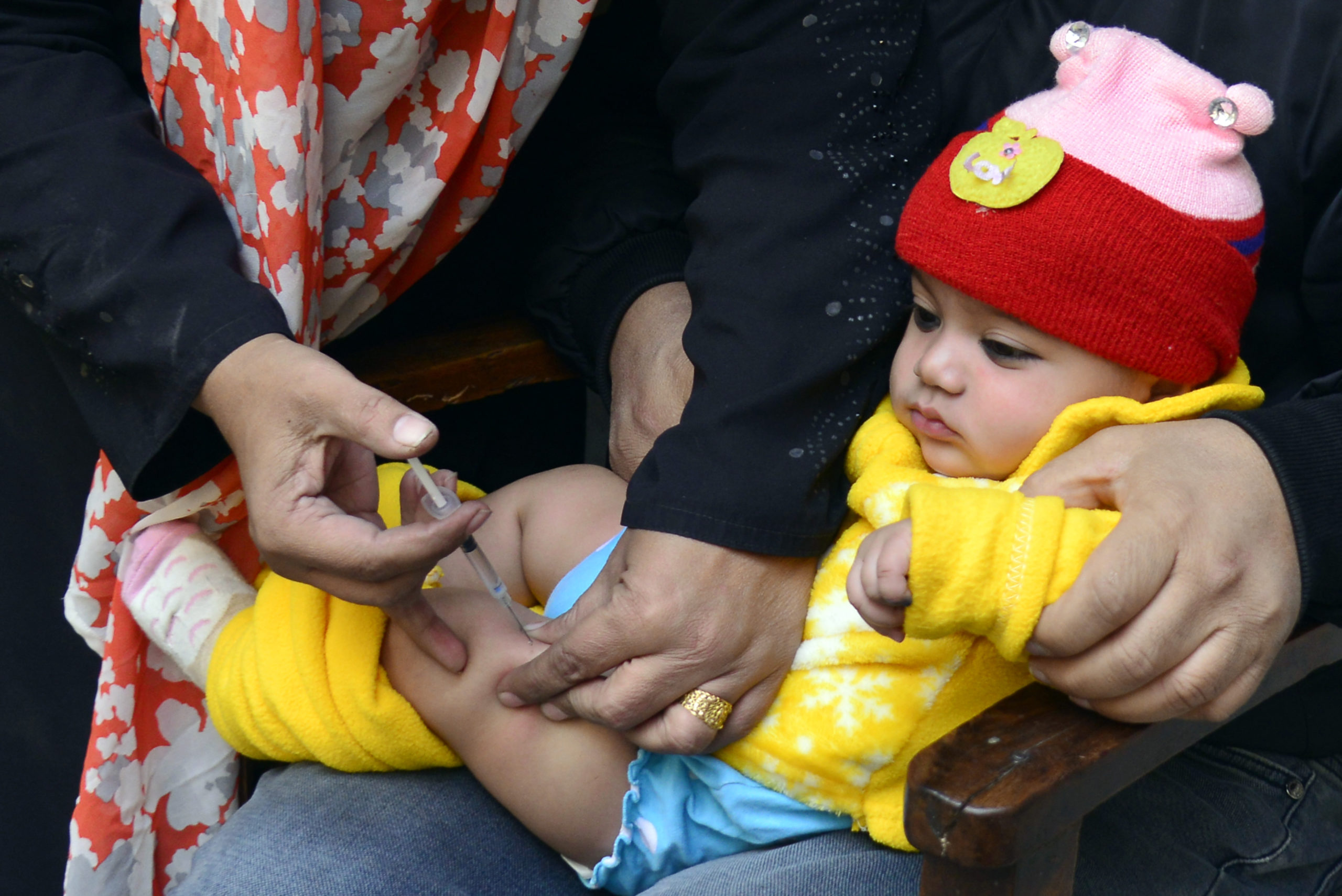The Global Polio Eradication Initiative has issued an appeal for US$ 10.5 million to respond to an outbreak of polio in Côte d’Ivoire, where three children have been paralysed by wild poliovirus type 3 (WPV3) since January. This is the first WPV3 found in Côte d’Ivoire since 1999 (the country was affected in 2008-2009 by the west Africa wild poliovirus type 1 – WPV1 – outbreak). Given that WPV3 paralyses approximately one in 2,000 people infected, these cases represent a much larger number of infections.
US$ 10.5 million is needed to rapidly stop the outbreak and ensure that surveillance is sensitive enough to detect any more virus. Planning is underway to ensure capacity (i.e. technical, vaccine, operational) is in place to launch an emergency response at the earliest possible date. A rapid assessment is being carried out in the southwest of the country, and in Liberia, to determine access in particular to displaced populations. The World Health Organization (WHO) is coordinating – together with its Regional Office for Africa – with the humanitarian response units currently supporting activities in Côte d’Ivoire, other UN agencies and NGOs operating in Côte d’Ivoire and neighbouring countries (in particular Liberia, which may be receiving large numbers of displaced populations), to ensure oral polio vaccine (OPV) is added to any planned immunization activities.
As soon as the security situation allows, three full National Immunization Days will be carried out in rapid succession, using a combination of bivalent OPV and monovalent OPV type 3. Ongoing transmission will be monitored, and mop-ups implemented as epidemiology dictates. A series of urgent measures to strengthen sub-national surveillance are in planning.
Genetic sequencing of the viruses isolated in Côte d’Ivoire show that they are linked to WPV3 last detected in mid-2008 in northern Nigeria. Since 2000, WPV3 has not been recorded in this part of west Africa. Globally, WPV3 transmission is at its lowest level in history, with only five cases reported worldwide in 2011: rapidly interrupting all remaining chains of WPV3 transmission is a key priority for the global polio eradication effort. Detection of these cases linked to 2008 circulation is a stark reminder that weak sub-national surveillance is a real risk to the global polio eradication effort.
Please see the full appeal (PDF) for details. Version française (PDF).
Follow developments on Disease Outbreak News



